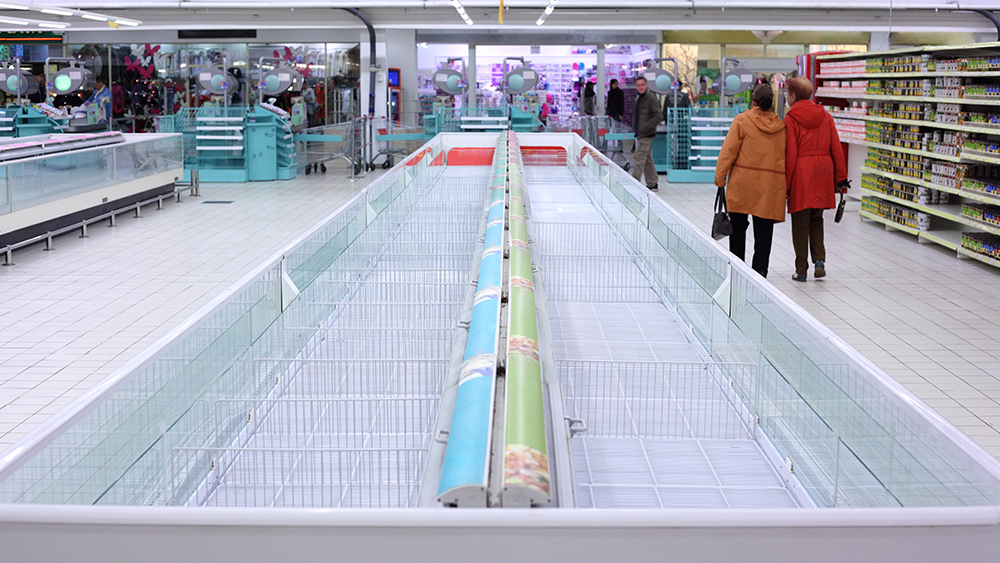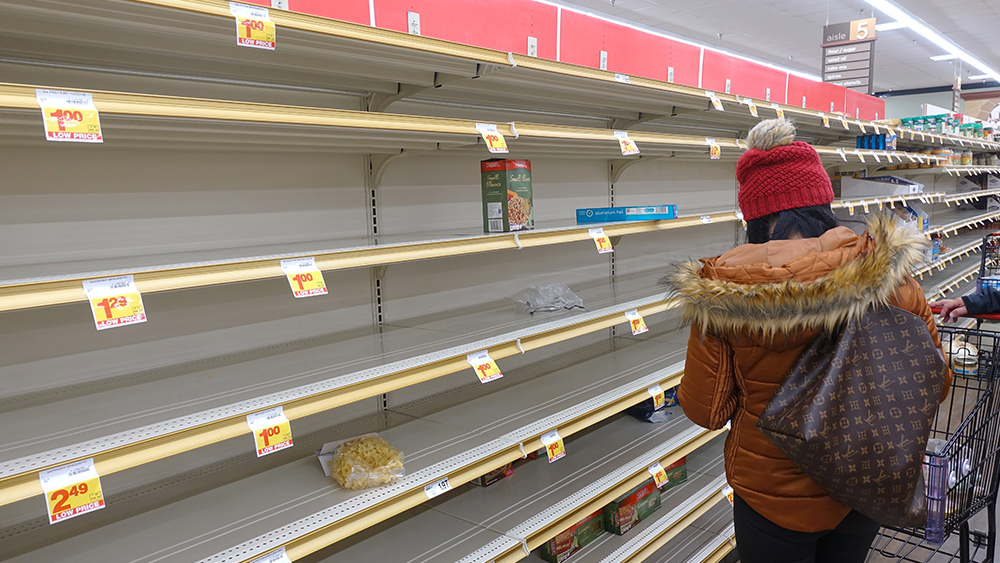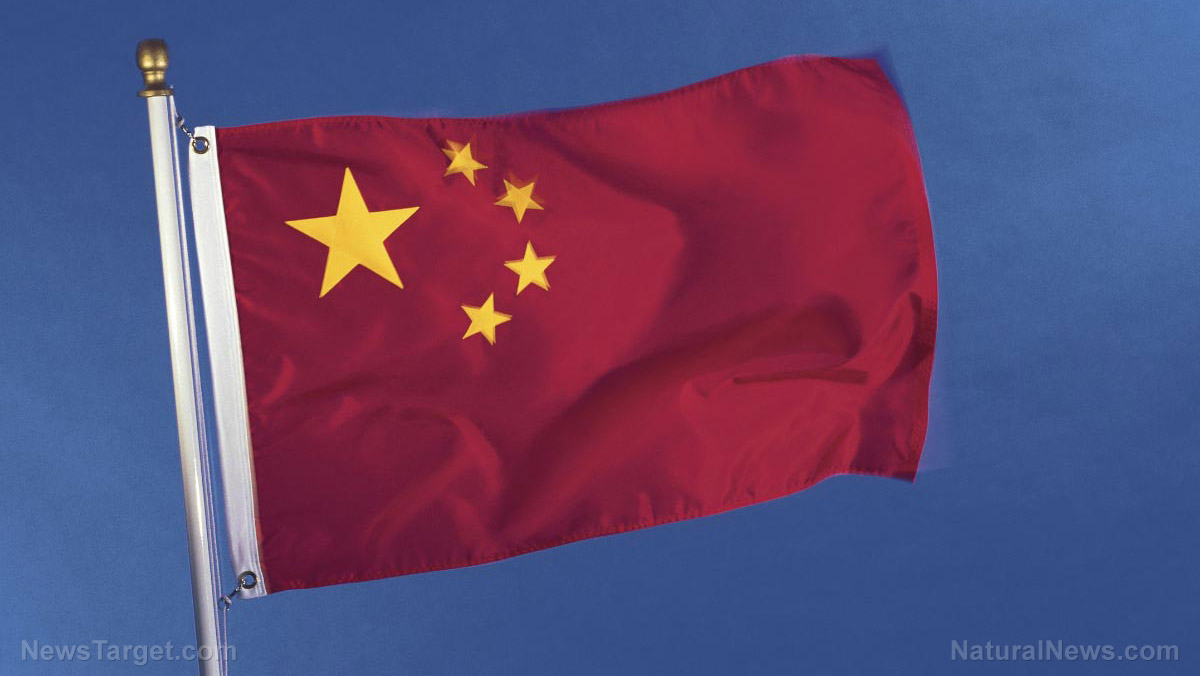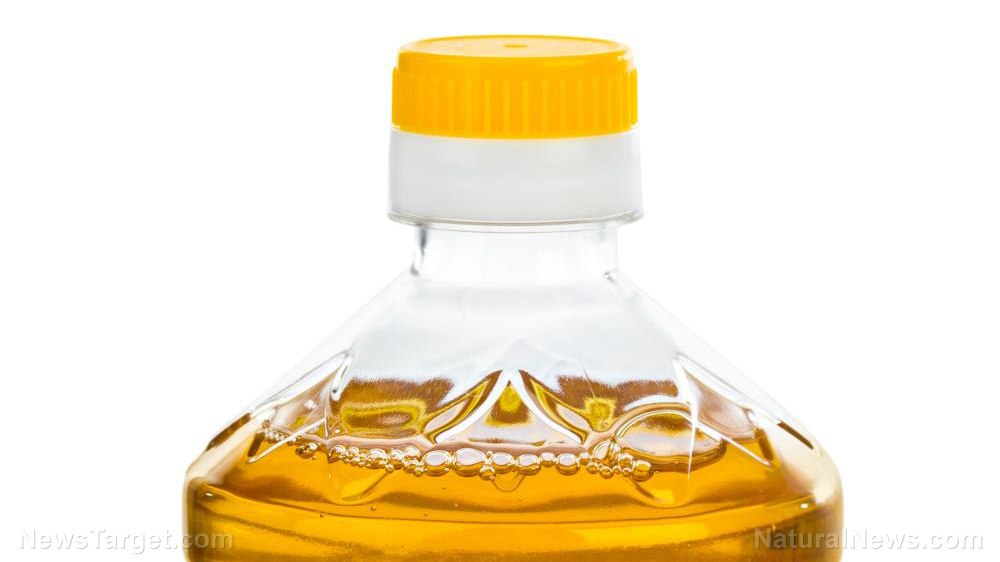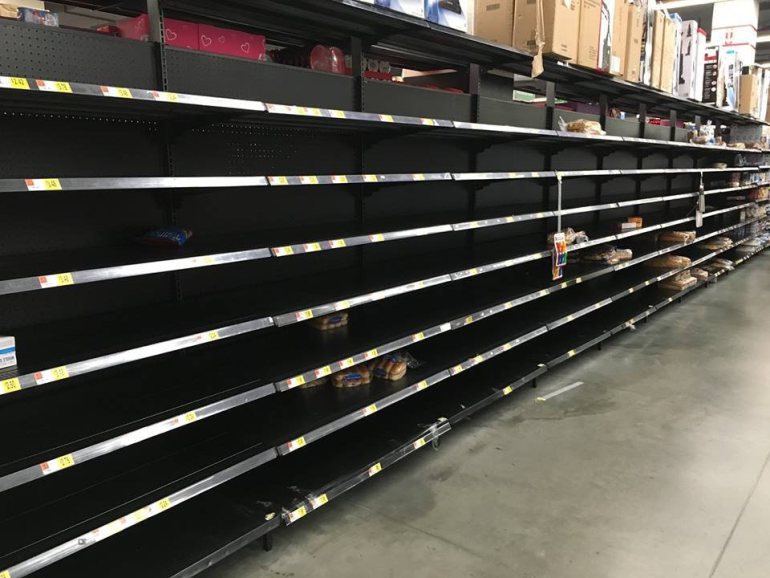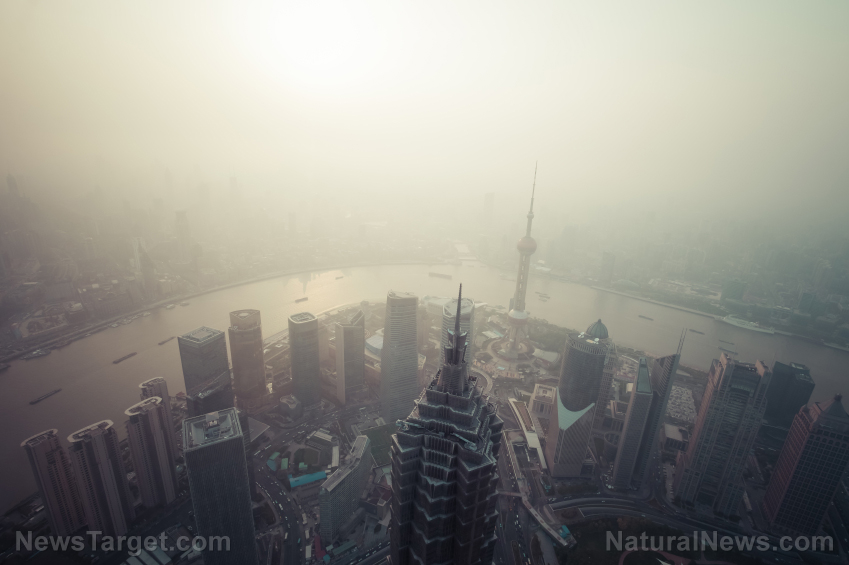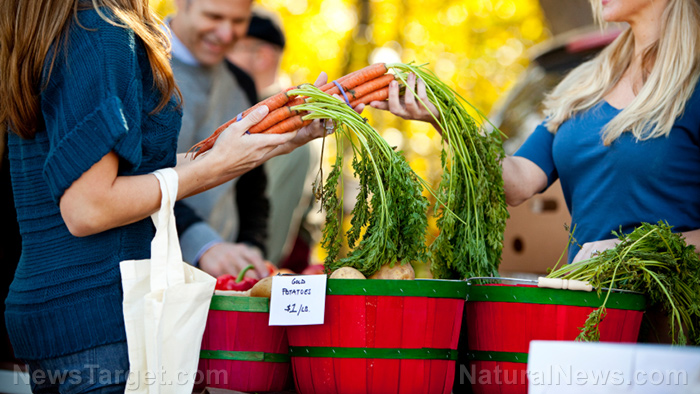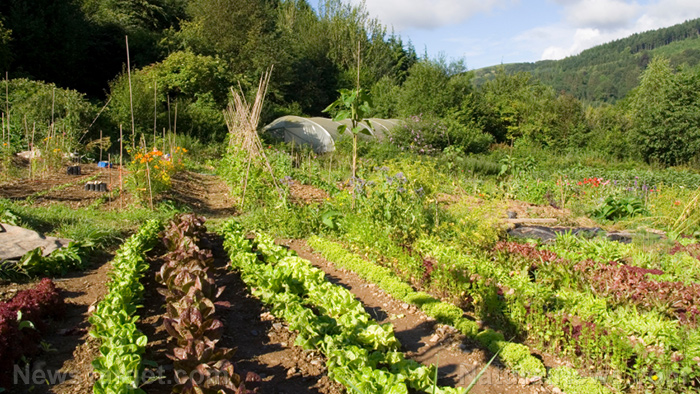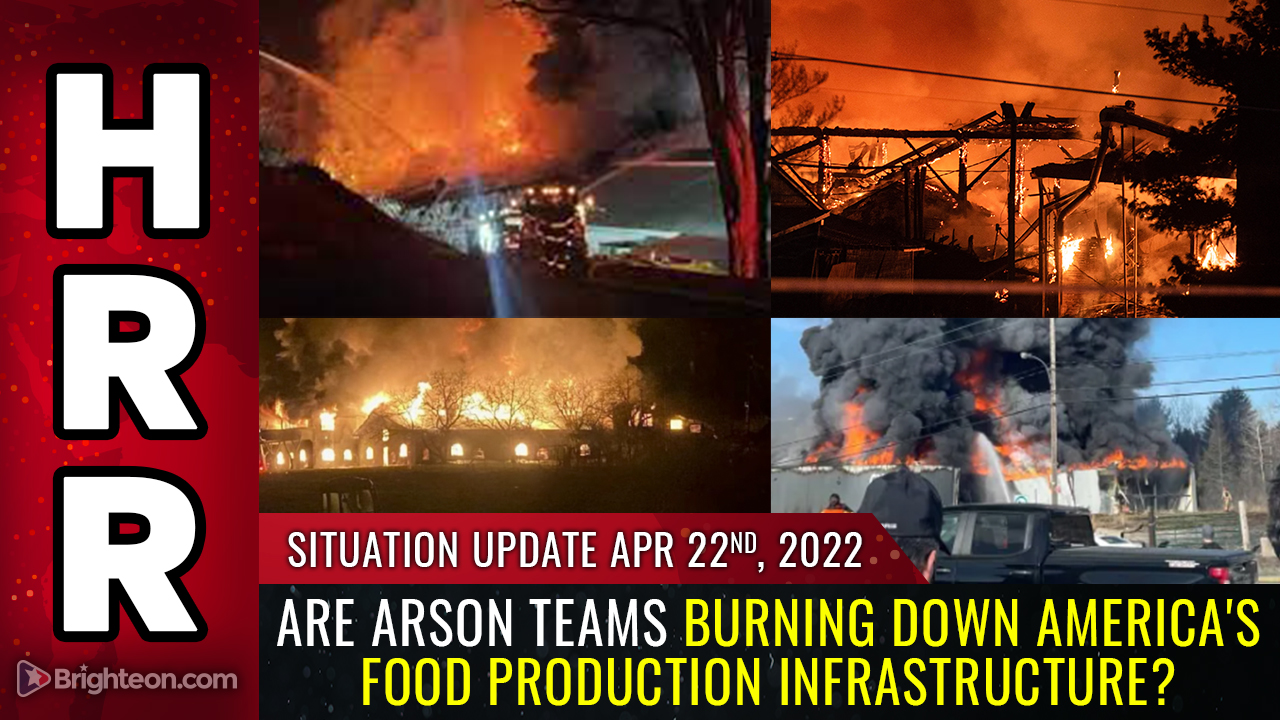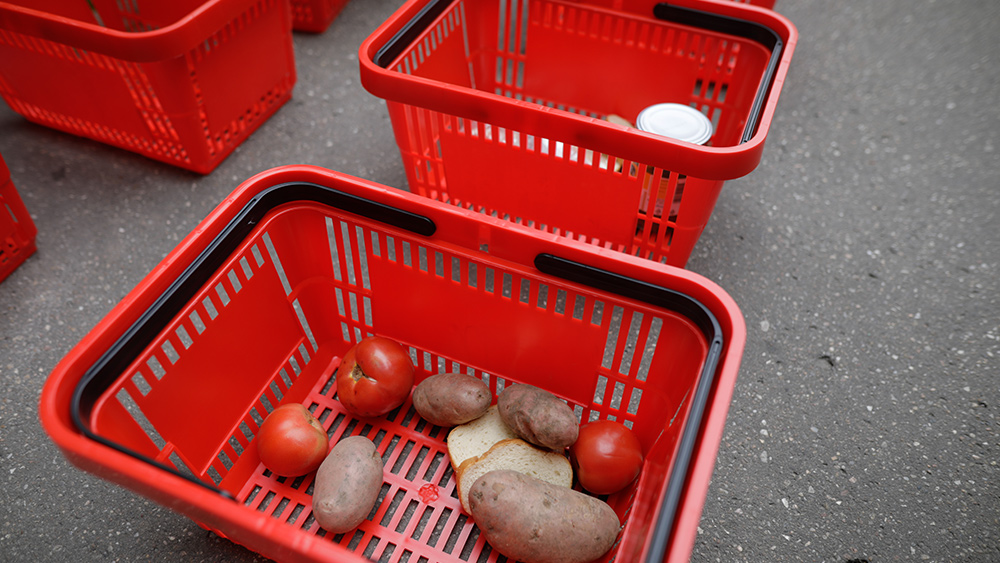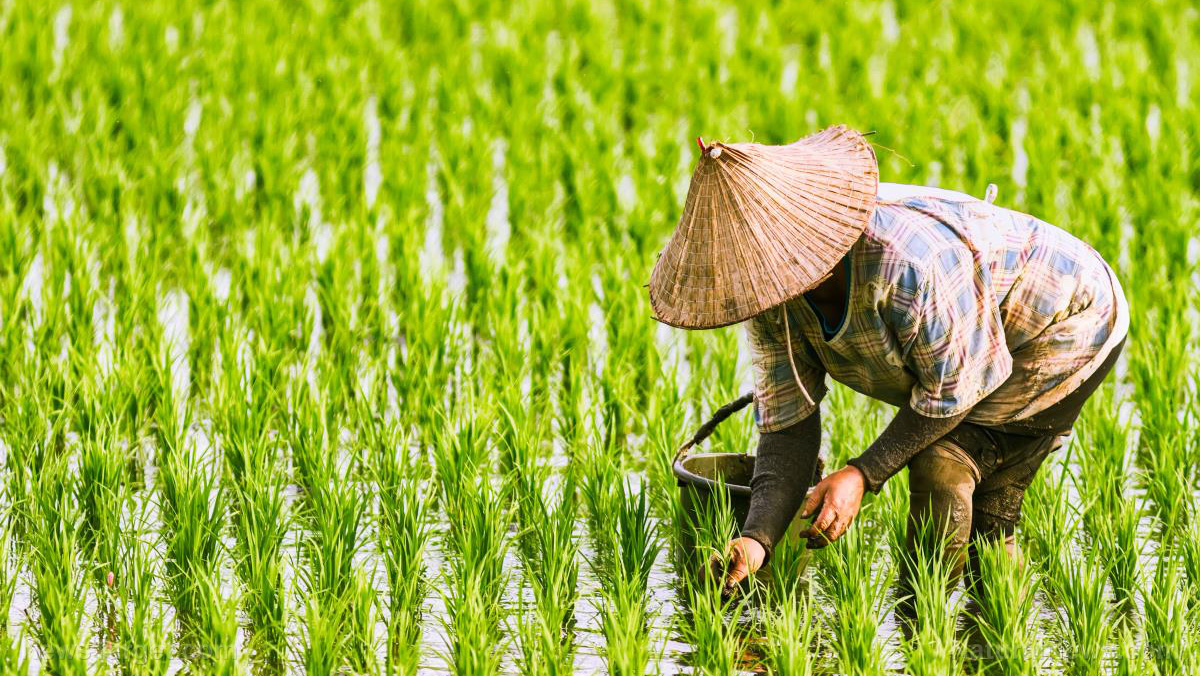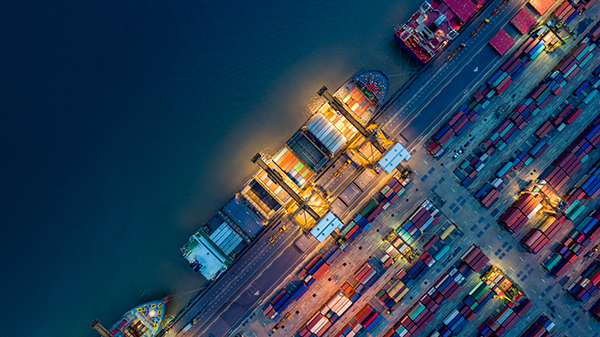Top US fertilizer socked with rail delays to Midwest as planting season approaches: Black Swan event?
04/25/2022 / By JD Heyes
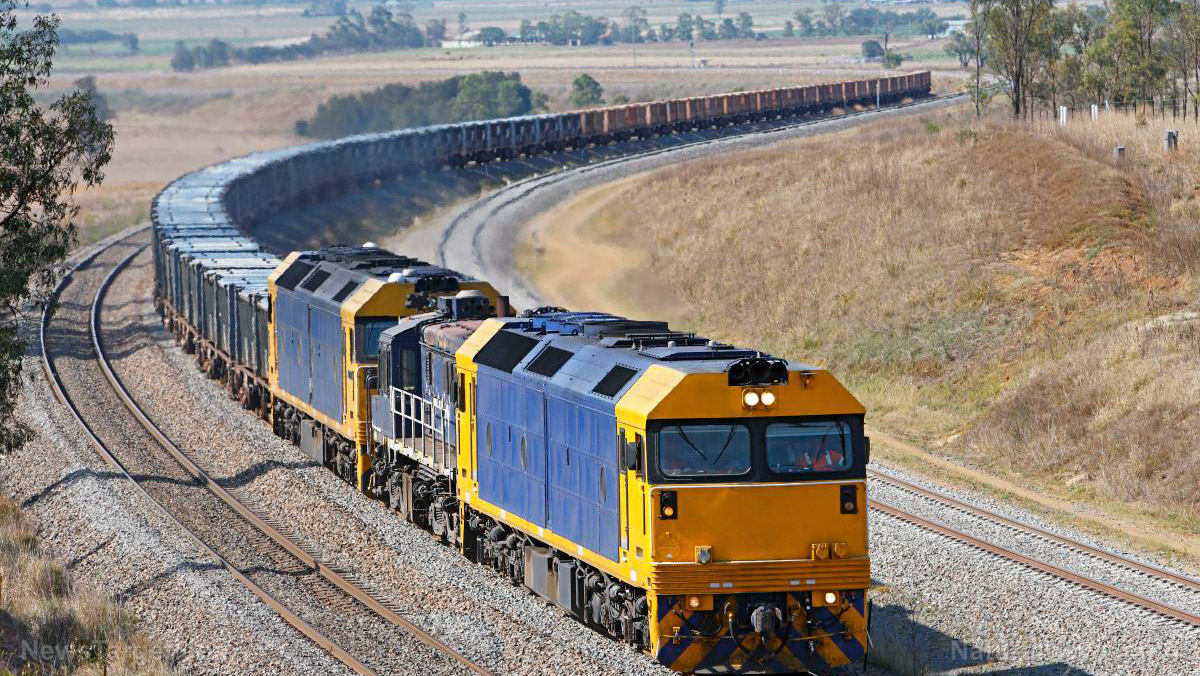
Just as American farmers are preparing for the spring planting season, a potential Black Swan event is brewing.
Readers are aware that the U.S. and the world were bracing for shortages of fertilizer this year following President Vladimir Putin’s invasion of Ukraine because Russia is a top global exporter of fertilizer and the West imposed major economic sanctions on Moscow following the attack. That said, there were already concerns about food insecurity and outright starvation in some of the world’s poorest countries, thanks to that expected shortage.
Now, a new supply shock is imminent in the U.S. after CF Industries Holdings Inc. warned last week that rail shipments of nutrients for crops will be cut back to top agricultural states — which literally could not come at a worse time as farmers have already begun planting crops.
The world’s biggest fertilizer producer announced that Union Pacific Railroad hit the company with rail-mandated shipping reductions that are going to negatively impact nitrogen fertilizers, including urea and urea ammonium nitrate shipments to states like Iowa, Illinois, Nebraska, Kansas, Texas, and California. Union Pacific officials informed CF Industries without any advance notice to cut the volume of private cars on its railroad immediately, which means CF Industries was forced to curb shipments by as much as 20 percent in order to remain compliant.
“The timing of this action by Union Pacific could not come at a worse time for farmers,” said Tony Will, president and chief executive officer of the company.
“Not only will fertilizer be delayed by these shipping restrictions, but additional fertilizer needed to complete spring applications may be unable to reach farmers at all,” Will added.
“By placing this arbitrary restriction on just a handful of shippers, Union Pacific is jeopardizing farmers’ harvests and increasing the cost of food for consumers,” he said.
The decision by the rail line is especially problematic not just for Midwestern farmers but the country as a whole, given that a reduced food supply will mean higher food prices — on top of already historic food inflation. The Midwest produces 90 percent of the country’s annual corn harvest and 80 percent of soybeans, making the region a crucial agricultural node for the global food system.
In the era of ‘Bidenflation,’ American farmers had already been hit with record-high fertilizer and diesel fuel costs; now, tight fertilizer supplies are likely to reduce harvests, bringing in even less income for them while creating shortages and out-of-this-world price spikes:
CF Industries released an ominous warning about the lack of fertilizer across the Midwest this year and how it may cause food supply woes:
“If farmers are unable to secure all the nitrogen fertilizer that they require in the current season because of supply chain disruptions such as rail shipping restrictions, the Company expects yield will be lower.
“This will likely extend the timeline to replenish global grains stocks. Low global grains stocks continue to support high front month and forward prices for nitrogen-consuming crops, which has contributed to higher food prices,” CF Industries said.
Josh Linville, direct of fertilizer at StoneX, referred to the current situation as a Black Swan moment for the Midwest.
“UP rail situation: Sounds like the UP is backed up on shipments. As a result, they are restricting ‘private car’ shipments (i.e. not UP equipment) by almost 20%. We were already struggling with fertilizer logistics coming into spring. This doesn’t help at all… #blackswan,” he tweeted.
UP rail situation:
Sounds like the UP is backed up on shipments. As a result, they are restricting “private car” shipments (i.e. not UP equipment) by almost 20%.
We were already struggling with fert logistics coming into spring. This doesn’t help at all…#blackswan pic.twitter.com/YOo36UWj2J
— Josh Linville (@JLinvilleFert) April 14, 2022
Due to expected shortages of fertilizer thanks to the Russian sanctions, many farmers had already decided to transition from corn to soybeans this year because the latter requires little in the way of fertilizer. But the new shortages are expected to cut even deeper.
Biden’s handlers have created the perfect storm of calamity barely one year into his term.
Sources include:
Submit a correction >>
Tagged Under:
agriculture, corn, farmers, fertilizer, fertilizer shipments, fertilizer shortage, food crops, food insecurity, harvest, Inflation, limited production, midwest, Midwestern farmers, rail carrier, rail lines, rail shipments, Russia, sanctions, scarcity, soybeans, starvation, Ukraine, Union Pacific
This article may contain statements that reflect the opinion of the author
RECENT NEWS & ARTICLES
COPYRIGHT © 2017 STARVATION NEWS

